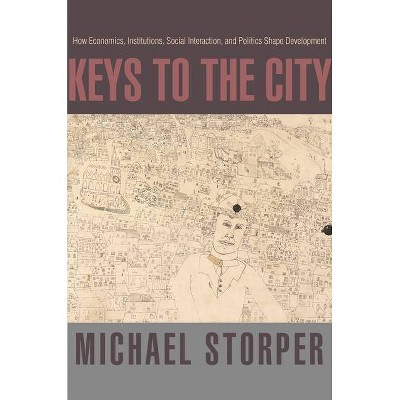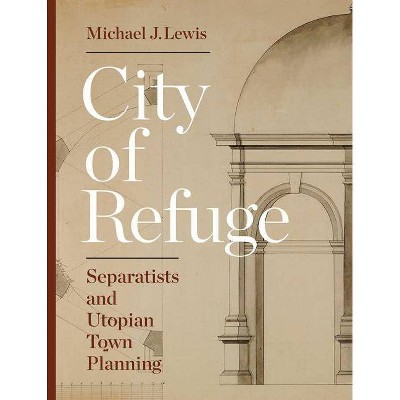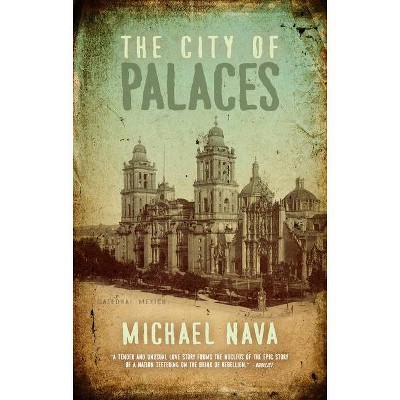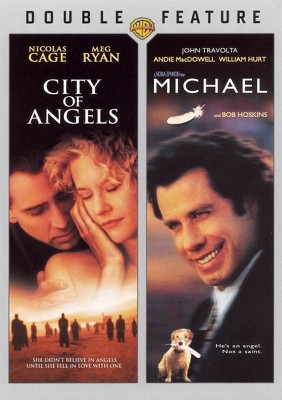Keys to the City - by Michael Storper (Hardcover)
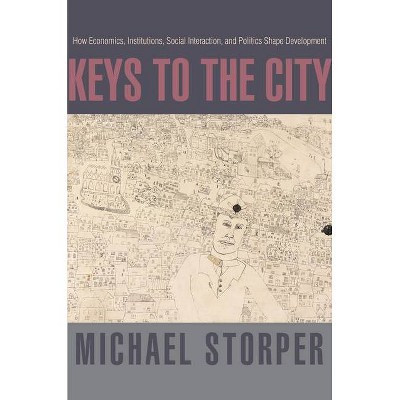
Similar Products
Products of same category from the store
AllProduct info
<p/><br></br><p><b> Book Synopsis </b></p></br></br><p>Why do some cities grow economically while others decline? Why do some show sustained economic performance while others cycle up and down? In <i>Keys to the City</i>, Michael Storper, one of the world's leading economic geographers, looks at why we should consider economic development issues within a regional context--at the level of the city-region--and why city economies develop unequally. Storper identifies four contexts that shape urban economic development: economic, institutional, innovational and interactional, and political. The book explores how these contexts operate and how they interact, leading to developmental success in some regions and failure in others. Demonstrating that the global economy is increasingly driven by its major cities, the keys to the city are the keys to global development. In his conclusion, Storper specifies eight rules of economic development targeted at policymakers. <i>Keys to the City</i> explains why economists, sociologists, and political scientists should take geography seriously.</p><p/><br></br><p><b> From the Back Cover </b></p></br></br><p>"<i>The Keys to the City</i> demonstrates Storper's considerable knowledge of the literature that intersects urban and spatial economics with the new economic geography. This engaging book will play a major role in moving theoretical discussions forward into new territory and will find a wide audience in economic geography and fields engaged in urban policy."<b>--Susan Christopherson, Cornell University</b></p><p>"Every chapter of this book makes a significant contribution to some aspect of economic development. However, this book is unique and ultimately invaluable because it is by a geographer who is engaging seriously with economics. It is a great entry into economics for geographers, is insightful throughout, and develops a new framework for thinking about places and growth."<b>--Gilles Duranton, University of Toronto</b></p><p>"Fascinating and ambitious, this book borrows ideas, concepts, and results from geographical economics, economic geography, and institutional social sciences to explain the organization of and the change in the space-economy. Exploring the unequal development of societies as they unfold across space, this book provides insightful analyses of issues that have been far too neglected. It will attract much attention."<b>--Jacques Thisse, Université catholique de Louvain</b></p><p/><br></br><p><b> Review Quotes </b></p></br></br><br><i>Keys to the City</i> is an output that does justice to the amassed wisdom of a lively and well respected economic geographer who moves past disciplinary parochialism. The book does not shy away from complexity and covers a wide terrain, while expression is clear and considered throughout.<b>---David Waite, <i>Urban Studies</i></b><br><br>[A]ll readers will find the book fascinating in its breadth and its ambition to popularize important questions about urban development.<b>---Yannis M. Ioannides, <i>Journal of Economic Literature</i></b><br><br>The first thing to say is that this is a superb book. Breathtaking in scope, specific in detail, provocative in argument, wide ranging in evidence gathering, and built on a carefully crafted logic.<b>---Philip McCann, <i>Journal of Regional Science</i></b><br><br>[T]his work makes rich use of the literature and offers a strong point of view that distinguishes among opposing theories and seemingly irreconcilable research. This is an intelligent, important book.-- "Choice"<br><br>A worthwhile contribution to a number of different debates related to urban development, and is a one that scholars of urban politics should find very useful.<b>---Neil Kraus, <i>Perspectives on Politics</i></b><br><br>Though he writes as an economic geographer, his answers cover a wide variety of academic disciplines, ranging across geography, economics, political science, and sociology. It is a demanding book. But it is also a book that anyone who is seriously interested in cities and regions must read.<b>---Anthony M. Orum, <i>American Journal of Sociology</i></b><br><p/><br></br><p><b> About the Author </b></p></br></br><b>Michael Storper</b> is professor of economic geography at the London School of Economics and Political Science, professor of economic sociology at Sciences Po in Paris, and professor of urban planning and geography at the University of California, Los Angeles. He is the author of <i>The Regional World: Territorial Development in a Global Economy</i>.
Price History
Price Archive shows prices from various stores, lets you see history and find the cheapest. There is no actual sale on the website. For all support, inquiry and suggestion messagescommunication@pricearchive.us
